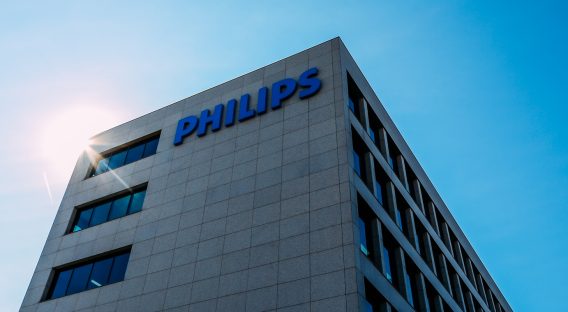FDA Says Philips CPAP Foam Testing Not Adequate
Editors carefully fact-check all Consumer Notice, LLC content for accuracy and quality.
Consumer Notice, LLC has a stringent fact-checking process. It starts with our strict sourcing guidelines.
We only gather information from credible sources. This includes peer-reviewed medical journals, reputable media outlets, government reports, court records and interviews with qualified experts.

Health regulators are dissatisfied with testing provided by CPAP giant Philips Respironics following a massive recall of its sleep apnea devices. Two years after 15 million Philips CPAP, BiPAP and respirator devices were recalled for sound abatement foam issues, the U.S. Food & Drug Administration said more needs to be done.
“The FDA remains unsatisfied with the status of this recall, and we continue to take steps to protect the health and safety of individuals using these devices,” Dr. Jeffrey Shuren, director of the FDA’s Center for Devices and Radiological Health, said in a statement.
Extensive testing of the polyester-based polyurethane (PE-PUR) foam inside the devices has been conducted by Philips as well as outside independent laboratories. The tests resulted in the company’s conclusion that exposure to the foam particles or VOCs from the devices is “unlikely to result in an appreciable harm to health in patients,” according to the FDA statement. But the agency wants more done.
“The FDA has reviewed the available information and data provided to FDA by Philips,” the agency stated. “We do not believe that the testing and analysis Philips has shared to date are adequate to fully evaluate the risks posed to users from the recalled devices.”
Thousands File Medical Device Reports
More than 98,000 medical device reports of CPAP side effects linked to the breakdown of the PE-PUR foam have been recorded by the FDA as of December. Reported side effects include cough, dizziness and headache, as well as asthma, breathing problems, cancer, chest pain and infection, among others. There are also 346 reports of related deaths.
Lab testing revealed the foam could expose people to toxic chemicals, including toluenediamine, toluene diisocyanate, diethylene glycol, dimethyl diazene and phenol, 2,6-bis (1,1-dimethylethyl)-4-(1-methylpropyl)-.
Users of the devices have filed Philips CPAP lawsuits after suffering injuries. The lawsuits claim Philips CPAP devices are defective and the company didn’t adequately warn users of the risk of serious injury. In September the company offered to settle a class-action lawsuit for those who suffered monetary damages as a result of the recall.
Philips Agrees to More Foam Testing
Since the discovery of the potential health risks related to the foam in certain Philips machines and the voluntary recall, Philips said nearly 3 million new devices and repair kits have been produced and 2.5 million devices have been remediated. The company said it has worked with five independent, certified testing laboratories to examine the foam.
“In the past two years Philips Respironics has been working cooperatively with the FDA on the test and research program and published regular test updates as agreed with the FDA,” the company said in a statement.
It has agreed to more testing on certain sleep apnea and respiratory devices to supplement current test data.
“The FDA stated that the testing is extensive and conducted with independent parties and expressed no concerns with the validity or objectivity of the testing. Philips Respironics is still in discussions with the FDA on the details of further testing,” according to the statement.